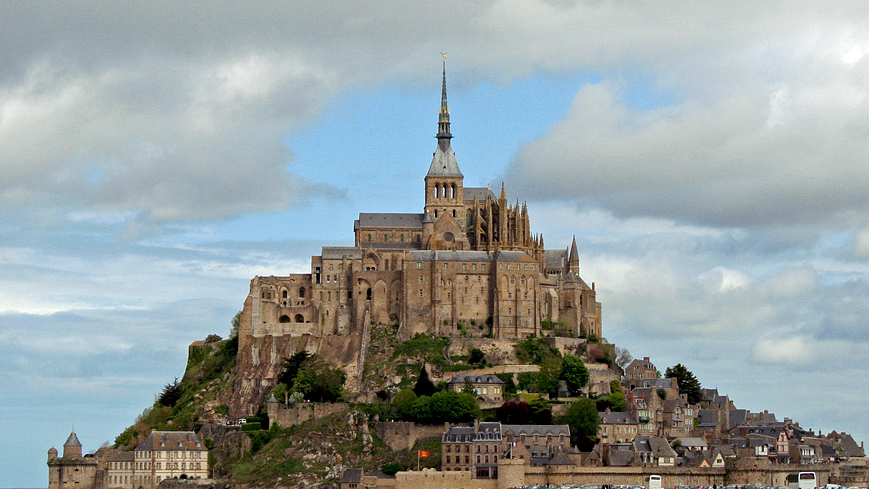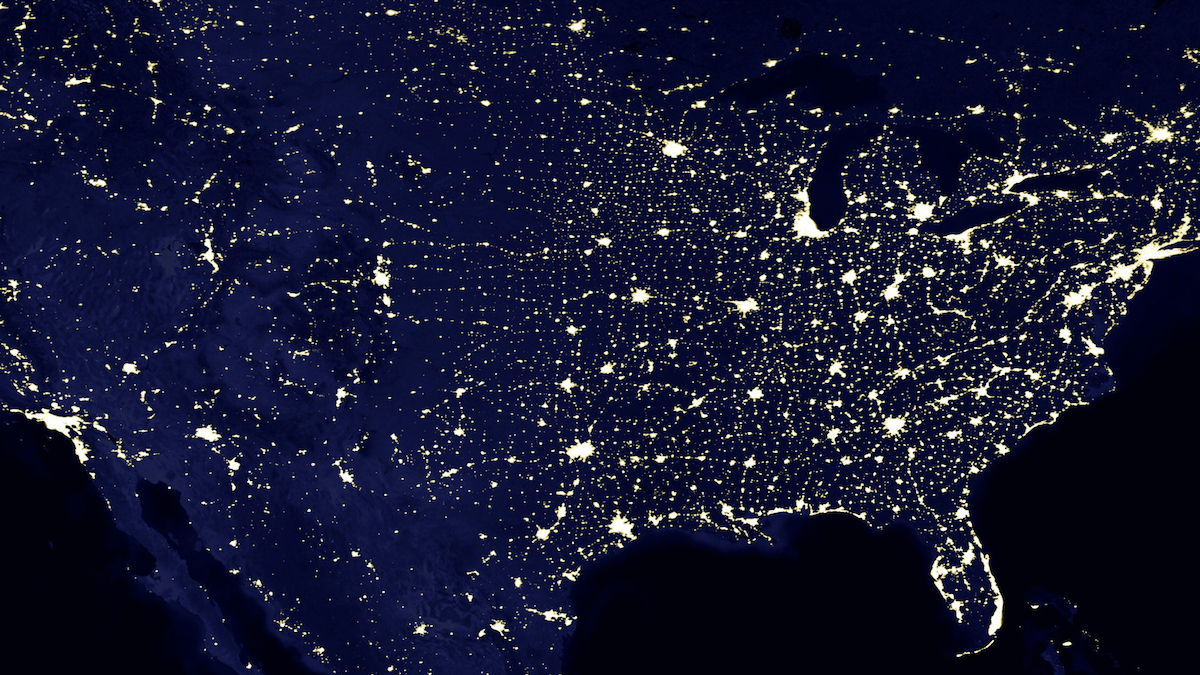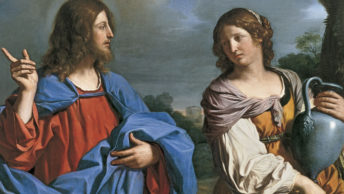Many years ago, I attended a lecture in our parish auditorium, given by a Jesuit priest, a Father Paul Coutinho. He was promoting his book How Big is Your God? The title raises an interesting question that relates to the subjectivity of our concept of a Divine Being who watches over his vast creation.
In the course of human history, the vast majority of people, numbering in the billions, have believed in some kind of super-powerful Being. The beliefs of primitive societies focused primarily on the power and might of nature. These people knew that something was out there that dwarfed them in terms of force and dominance.
To alleviate or placate this power, they developed rituals and sacrificial offerings–sometimes of human beings–that would appease these powers and protect them from all kinds of natural and even supernatural phenomenon. The Greeks and Romans elevated these early religious practices to a high intellectual level that established a more personal mythology that personified such divine attributes as love, beauty, war, love, and so on. It was the Jews, who gave us a picture of a monolithic Being.
According to the Hebrew Bible, God had chosen the Jews as His children of Israel to spread the word of his power and might. But it was Christianity that revolutionized the Jewish idea with a Triune God having three different personalities and attributes–sort of an interdependent Deity with a Divine division of labor. With the coming of Islam in the 7th century and the Christian schisms in the 11th and 16th centuries, followed by scores of other mutations, the Idea of God took on more extensive and diverse variations.
Today, the Jewish state of Israel is more secular, though many pockets of Orthodoxy are scattered around the world in a Diaspora of belief. Millions of Muslims still favor their religion’s militancy in the form of an 18th century Wahhabism that stresses the purification of Islam that had grown soft under the Ottomans. Then there was Sayyid Qutb, the intellectual Godfather of groups like Al Qaeda and ISIS, which has resurrected the Caliphate. Their Satanic deeds are seen every day in the media as the armies of ISIS move through the Middle East with a bloody celerity unmatched in our own times. This must be disconcerting to the millions of Muslims who prefer a peaceful kind of jihad as opposed to the holy war of jihad.
Father Coutinho’s own concept of God, despite his Jesuit collar, seemed to owe more to his native Hindu culture than Christianity. His question compelled me not to change my belief in God, but reassess my image of Him so as to understand our relationship better.
This thought conjures up the philosophy of 19th century philosopher, Ludwig Feuerbach, who established what he called the true or anthropological essence of religion. Feuerbach believed that in every aspect, God corresponds to some feature or need in human nature. If man is to find contentment in God, he claims, he must find himself in God. To Feuerbach God was little more than the outward projection of a human’s inward nature. This is reflective of Voltaire’s thinking. Though not an atheist like Feuerbach, or Freud, Voltaire believed that if God did not exist it would be necessary to invent him.
I believe their limited vision has missed the point. In some ways I don’t think man’s polytheism has totally left the planet. I don’t mean that people believe in many gods, like the Greeks or the Romans. It is not that Man creates a god he can worship but that God is so vast that different aspects of his infinite Being will attract individuals to Him. You might say that God is one size that fits all, no matter how different the wearers may be. Because of God’s vastness and the fact that he appeals to man in so many different ways, I think it is not theologically incorrect to believe that different people see him in a variety of ways that appeal to their own needs. Our impressions of the Eternal Being have taken on so many different forms and characteristics that Father Coutinho’s idea may not be that far off the page.
Many atheists, especially scientists and college professors, go so far to worship themselves as a god. What they miss is that they are just honoring the exceptional traits they have inherited from their Divine Creator.
Atheism is an example, not of God’s limitation, but of the limitations of human beings to understand these most important mysteries of our universe. While this may explain the diversity of beliefs in a God, I think some beliefs are much better and more reflective of the God of Church and Scripture than others. People should not forget that religion is to honor God and not themselves.
Not too long ago, I was prompted to think of my freshman year at Holy Cross…the good old days when the practice of religion was more under the sway and impetus of the stricter Church before Vatican II. In a word, it was a time when Orthodoxy ruled.
My freshman class was the last one at Holy Cross that had obligatory daily Mass (except for Saturdays) in the Chapel at 7 a.m. sharp. We were allowed three Mass cuts a semester. A fourth cut warranted the imposition of some rather draconian punishments. Student offenders had to check in at the general service area every 15 minutes from midnight until dawn. That was one college experience I successfully avoided like the bubonic plague.
The clerical gatekeeper was a Father Abbott–a very fitting name I have always thought for a priest. I still have this vivid memory of his closing the doors to our St. Joseph’s Chapel… exactly as the bells chimed seven. Above the faint echoes of the chimes receded, I can still hear some of the loud banging on the door of those arriving 30 seconds late, beseeching him to have mercy on them and let them in. He would just turn without emotion and go toward the front of the chapel, while monitors quickly took the role.
I think Father Abbott serves as a good example of how I viewed Our Father in Heaven. To me, He served as an eternal gatekeeper who shows no mercy once the clock has struck seven on our lives. I don’t like that strict image of God and I don’t want to believe in that kind of god any more. I think this image was nothing better than a reflection, not on God, but the spirit of my times and my Catholic upbringing at that point in my life. I think it is a false image–an idol that can instill in believers a legalistic map for salvation that may work for some but will cheat many out of the true joys of living a life in the faith.
It is this image of God that I have feared for most of my life…and is perhaps largely responsible for the high anxiety I have suffered. I think that this false image underscores what can be wrong with religious belief…or at least my religious belief. It is one of the aspects of the church I grew up in–the pre-Vatican II era, which stressed rules, without the love and forgiveness that seems to permeate Vatican II Church and the Catholicism of Pope Francis.
My Catholic education conditioned me to believe that my salvation resided in following the rules to the letter of the law. It implied that I could micro-manage his or her salvation as long as one scrupulously followed the rules. I think that is why I never missed a roll call. Unfortunately in this image, trust and forgiveness, two virtues that have trouble finding a place on my resume, are usually relegated to the back of the spiritual bus.








